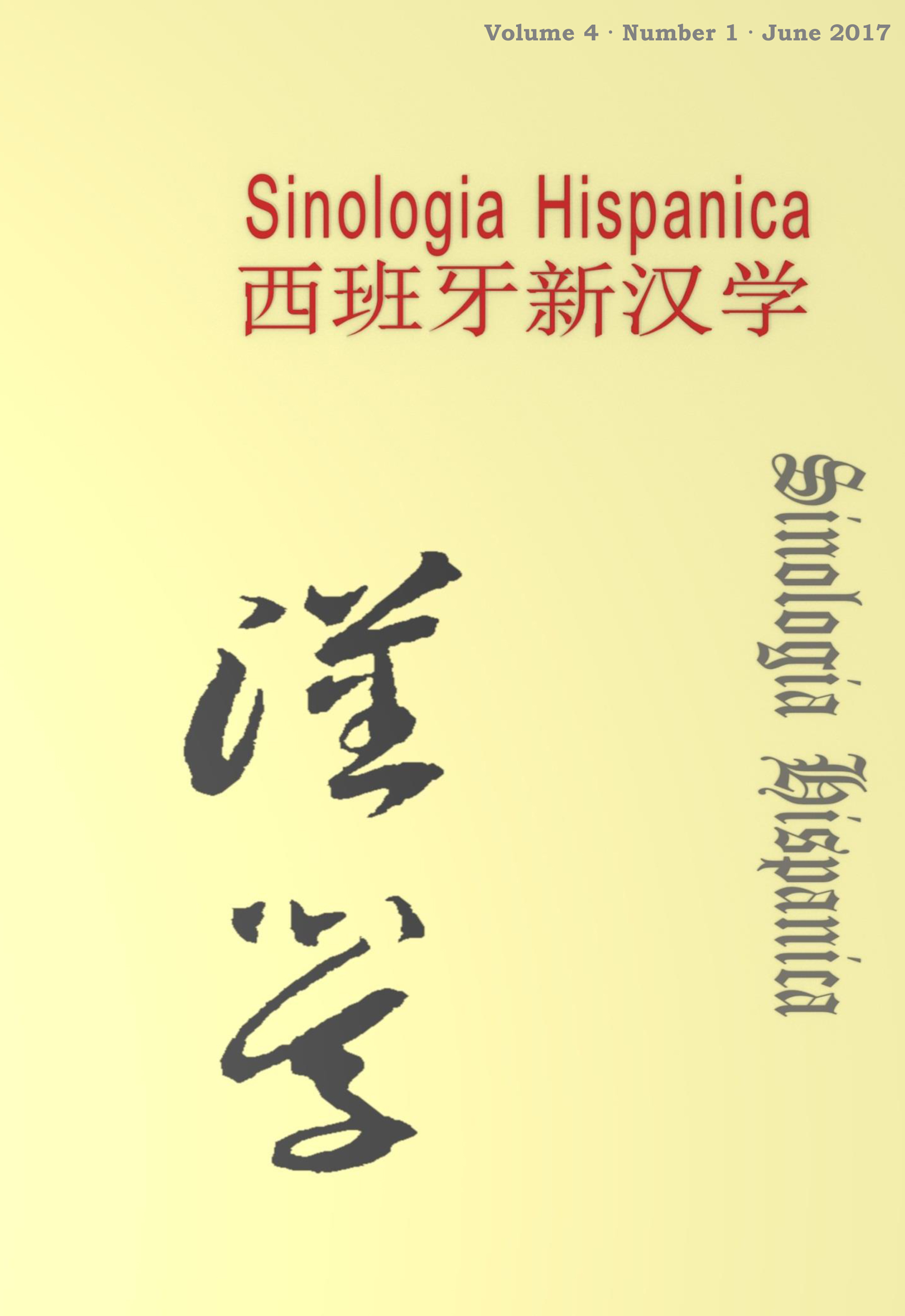Teaching of Chinese Degree Adverb Synonymous with the Meaning of “very” for Occidental Students at the Beginning Level: A Case Study of Chinese Beginner in Yunnan Normal University
DOI:
https://doi.org/10.18002/sin.v4i1.5271Keywords:
teaching Chinese as the second language, beginning level, synonymous degree adverbs, teaching design, teaching suggestions.Abstract
This study focuses on one of the important
and difficult language points in teaching
Chinese as the second language, synonymous
degree adverbs in modern Chinese language,
aiming at the beginning level of occidental
students who excessively rely on their mother
tongue. The research has been done by
observing a group of typical adverbs with the
meaning of “very” in Chinese language, such as
"feichang, shifen, hen, ting, ji" in combination
with ontology and error analysis and classroom
testing. The paper explores the reasons and
types of errors, and designs the teaching plan
according to the testing results. Comparing the
testing results, it is suggested that compare
with error analysis, language testing combined
with inductive reasoning is more effective in
teaching synonymous degree adverbs in modern
Chinese language.
Downloads
Métricas alternativas
Downloads
Published
How to Cite
Issue
Section
License
Copyright (c) 2017 Li Yamei

This work is licensed under a Creative Commons Attribution-NonCommercial-ShareAlike 4.0 International License.
Sinología Hispánica. China Studies Review considers all manuscripts on the strict condition that:
- The authors assign the exploitation rights (reproduction, distribution, public communication and transformation) of the work accepted for publication to the University of León on a non-exclusive basis. Authors can establish, on their own, additional agreements for the non-exclusive distribution of the version of the work published in the journal (for example, placing it in an institutional repository or publishing it in a book), always acknowledging the initial publication. in this magazine.
- The manuscript is your own original work and does not duplicate any other previously published work, including your own previously published work.
- The manuscript is not currently under consideration or peer review, nor accepted for publication, nor in press, nor published elsewhere.
- The manuscript contains nothing that is abusive, defamatory, libellous, obscene, fraudulent, or illegal.
- Please note that Sinologia Hispanica uses Turnitin software to screen manuscripts for unoriginal material. By submitting your manuscript to Sinologia Hispanica you are agreeing to any necessary originality checks your manuscript may have to undergo during the peer-review and production processes. Any author who fails to adhere to the above conditions will be rejected.
- Authors are allowed and encouraged to electronically disseminate the pre-printed versions (version before being evaluated) and / or post-printing (version evaluated and accepted for publication) of their works before publication, since it favors their circulation and dissemination more early and with it, a possible increase in its citation and reach among the academic community.
Sinologia Hispanica is under an international license Creative Commons Attribution-Noncommercial-Share Alike 4.0. You can read more about this license in an informative version and legal text.










